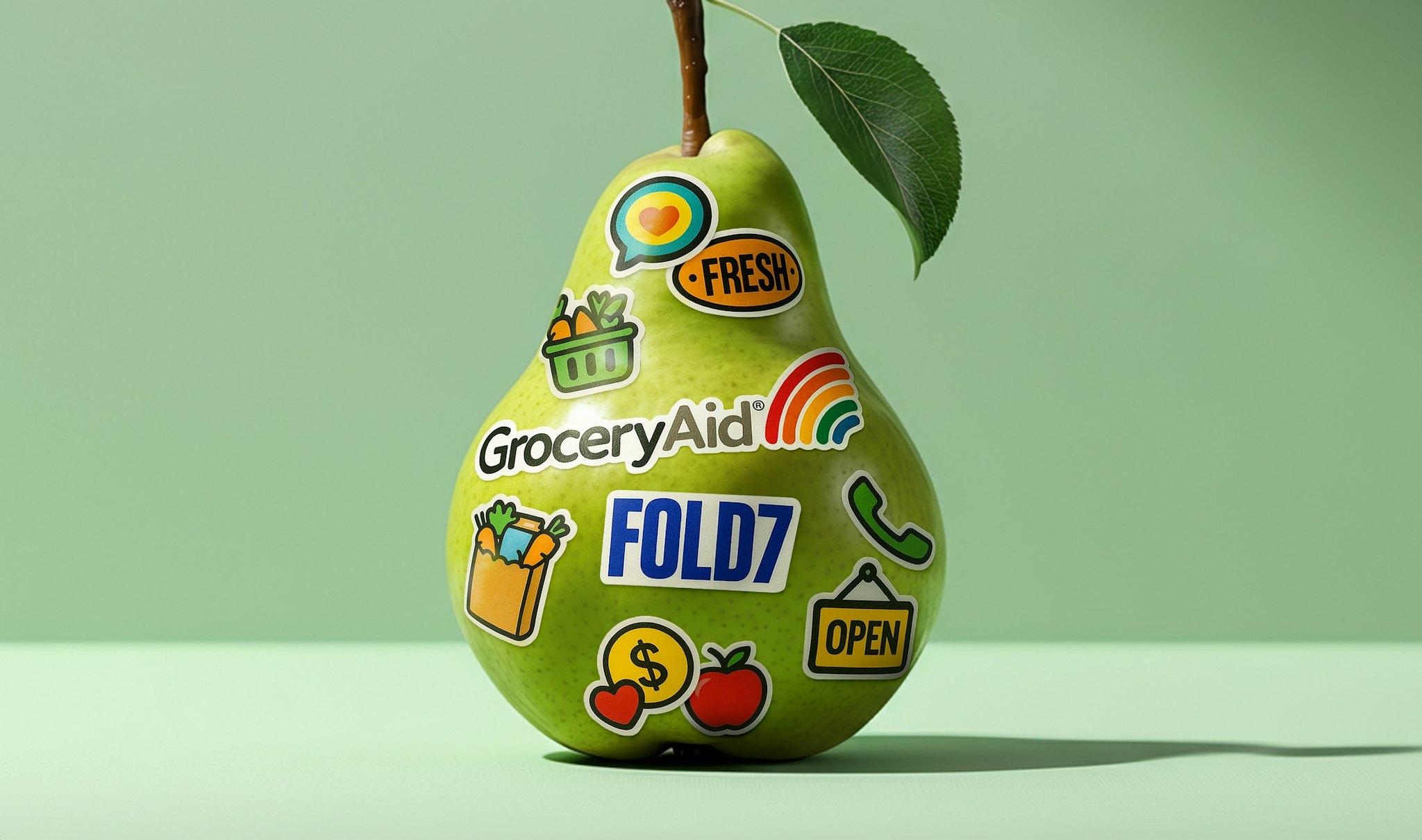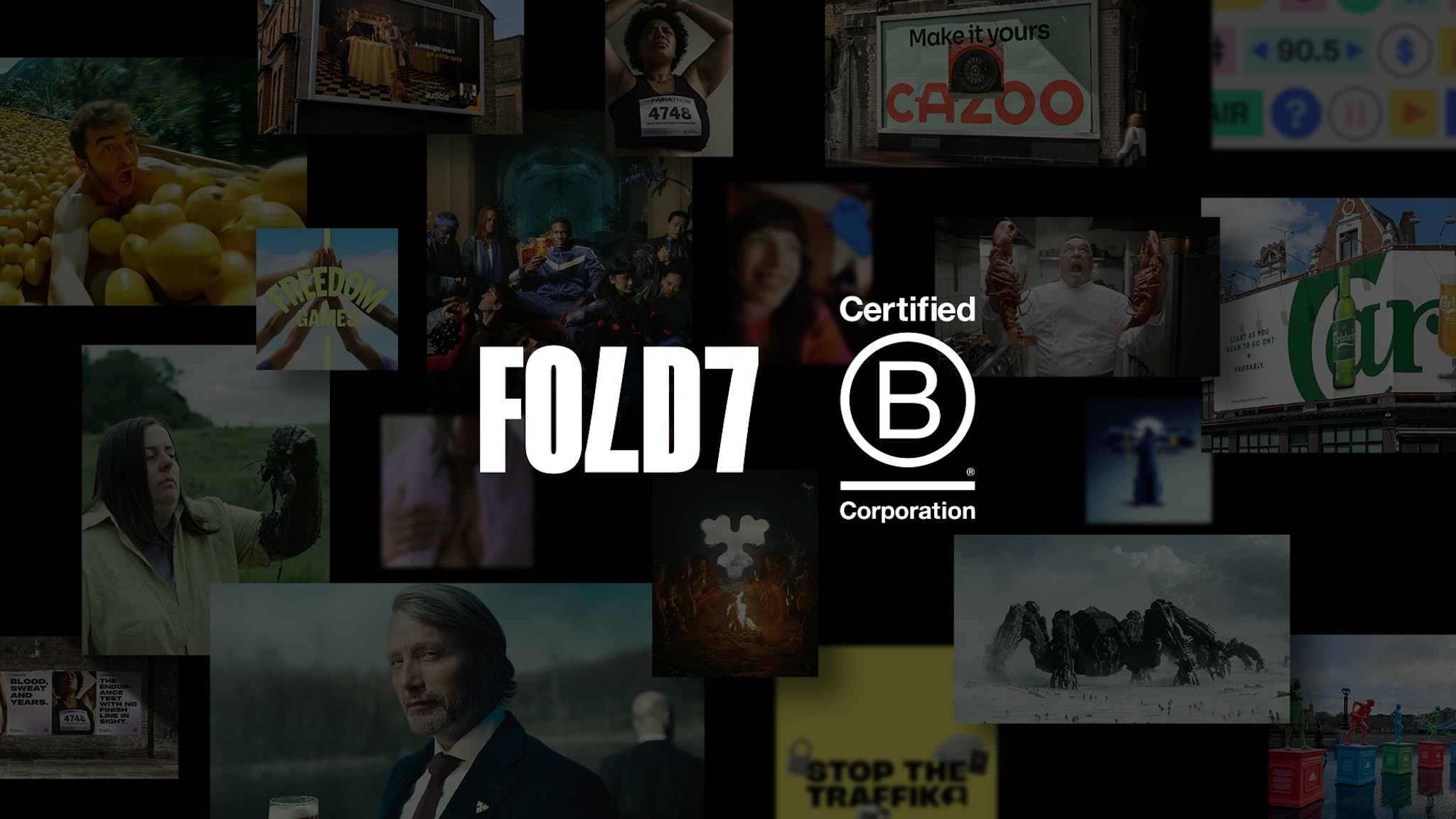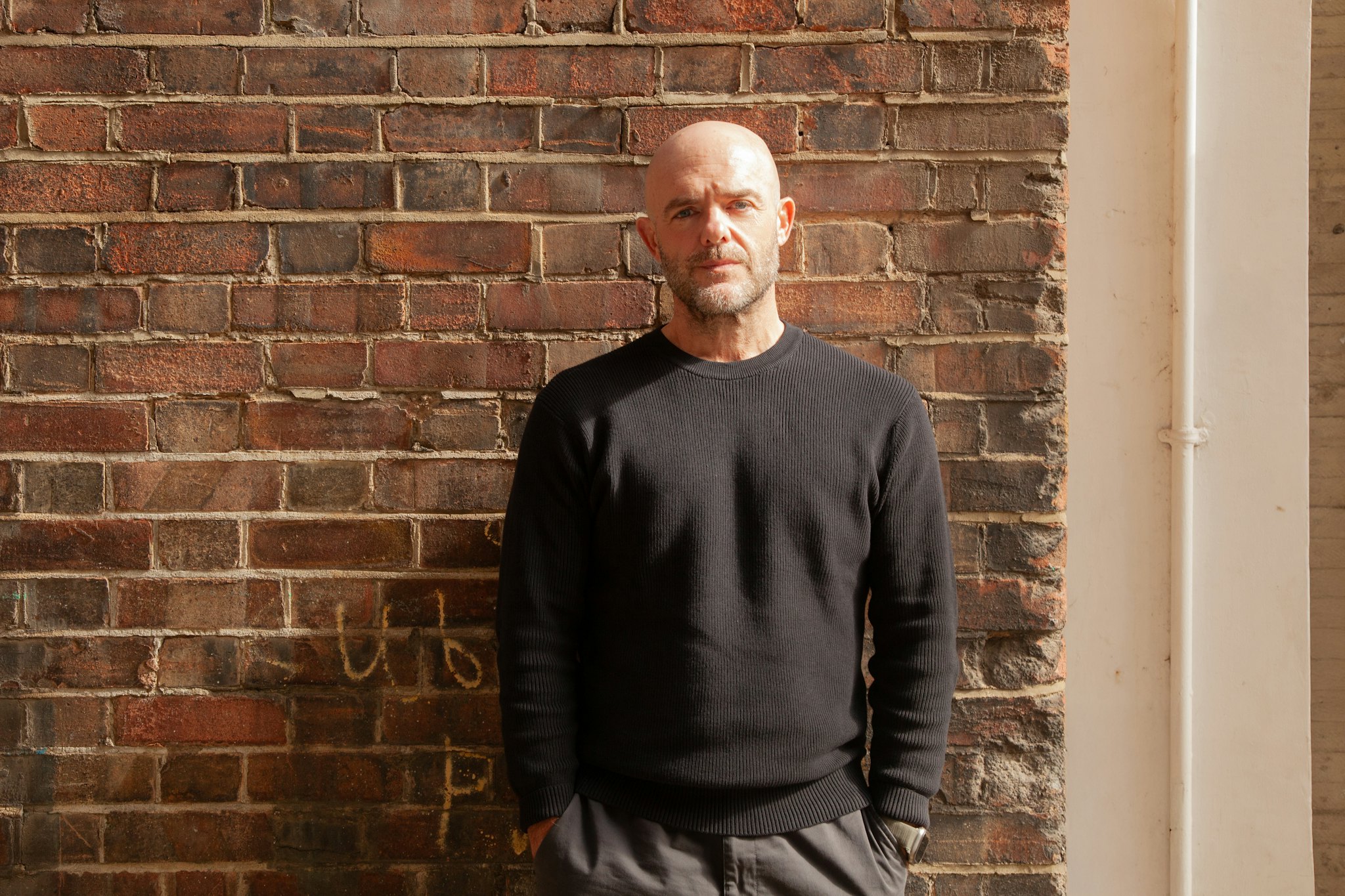
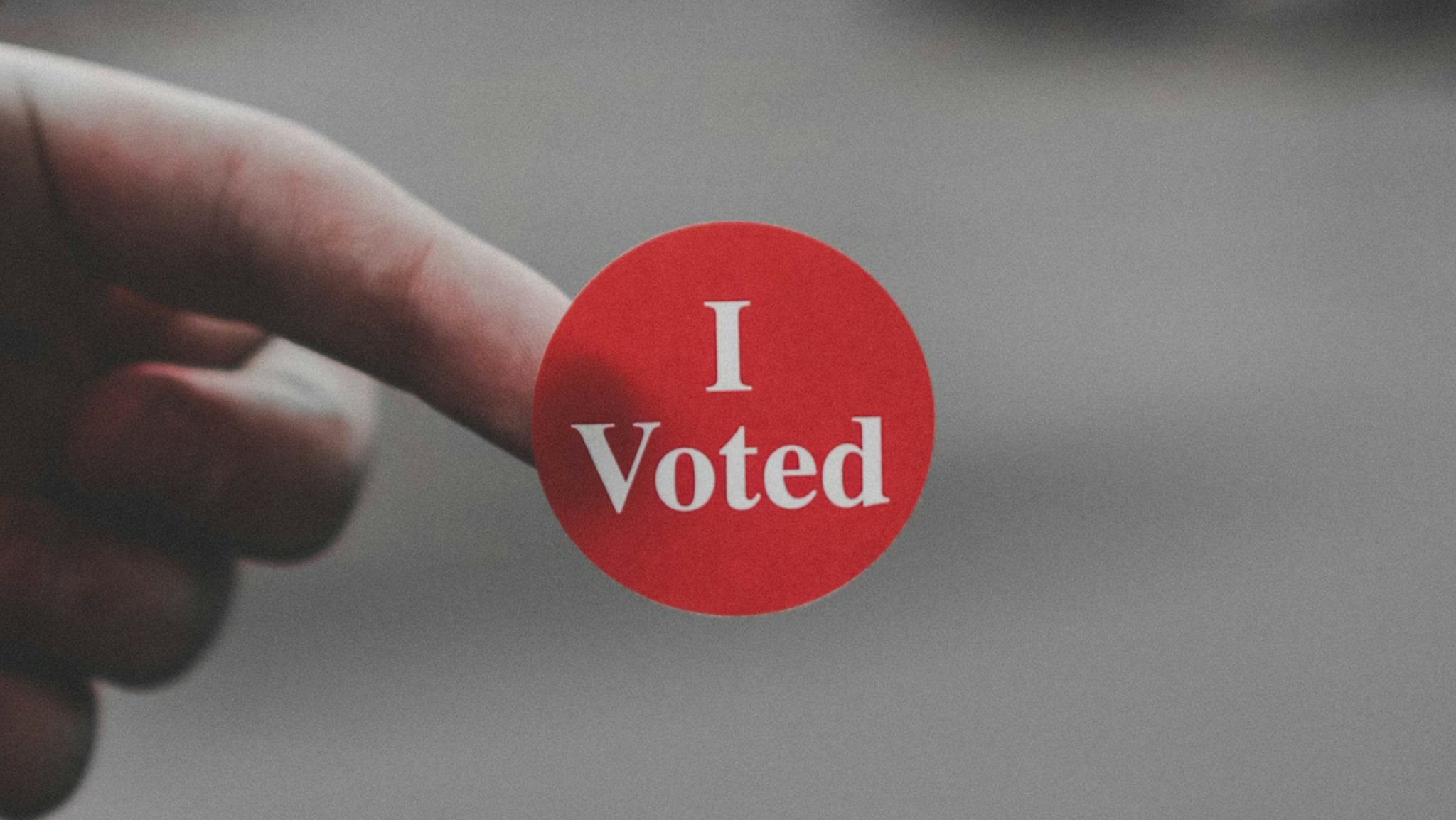
5 Opportunities Brands Can Grasp as the UK Seeks a Fresh Start
With Rishi Sunak’s snap election leaving only the briefest moment for surprise, key battlegrounds have been drawn, and campaigning is ramping up. Change is in the air, with UK voters keen for a government able to calm the turmoil of the past five years, steady the ship and deliver policies that offer tangible results on all the big-hitting issues. But what will all this mean for the world of marketing and brand owners, specifically?
In this article, Mike Waters, strategy director at Fold7 outlines his five opportunities brands can and should grasp as the weary UK seeks a fresh start.
The UK election started with a downpour, and the rain hasn’t really relented since. The main parties have been hit by a shower of gaffes, lies and internal feuds that will have done little to rebuild dwindling faith in politics.
But this relentless fumbling of the national football might just leave the door open for brands to step up and score some points. How?
Fill the optimism void.
Blair promised that things ‘can only get better.’ Obama won with a promise of ‘hope.’ Boris Johnson’s populist politics was defined by nothing more than a kind of teflon optimism.
But there is an optimism void in today’s election race. The incumbent is keen to ‘stick to the plan.’ Their leading challenger is claiming that ‘stability is the change’. Dreary stuff.
Brands can bring some much-needed optimism to a positivity-starved populace. It doesn’t have to be lofty or far-reaching - making the everyday feel a little more wonderful might be enough. And it doesn’t have to be vanilla optimism either – try providing a fun solution to the negative, as in Monzo’s recent spot.
Give more in a world of less.
The cash-strapped British public are crying out for some tasty election giveaways. But today’s political giants are taking on the problem of poorly-funded public services by enthusiastically strapping themselves into ever-tighter fiscal straightjackets.
In amongst this austere approach, brands can play a meaningful role by bringing some generosity to the table. A bit of old fashioned, real-world surprise and delight could be the perfect tonic to a subdued summer. See Ecuador's Arroz Super Extra turning rice grains into (beautiful) prizes, or Renault giving new-job starters free car access, for a bit of recent inspiration.
Show conviction.
A decade of dodgy dealings and broken promises has sent trust in politicians plummeting – a problem compounded by a series of policy U-turns from both Starmer and Sunak. This instability has left the public feeling both leaders are inauthentic, untrustworthy, weak and indecisive:
In this vision vacuum, brands can win by showing genuine conviction. Particularly when it comes to issues politicians are avoiding, like the environment and diversity. Almost half of shoppers globally say brands should be doing the heavy-lifting on climate change, for instance, and six-in-ten prefer brands that actively promote diversity and inclusion.
Political parties might be able to win by manhandling their Ming vase carefully across the marbled halls – but a Ming vase strategy is a route to oblivion for any brand. Better to stand for something than to be overlooked.
Laugh it off.
Voter fatigue has been an issue in recent elections thanks in part to people finding politicians increasingly dull. One of the reasons attributed to Trump’s 2016 success is his gift for - often unintentional - humour. So it’s a shame our suite of slightly stiff-necked leaders seem so averse to embracing the long British tradition of self-deprecation. (With, perhaps, the honourable exception of Ed Davey).
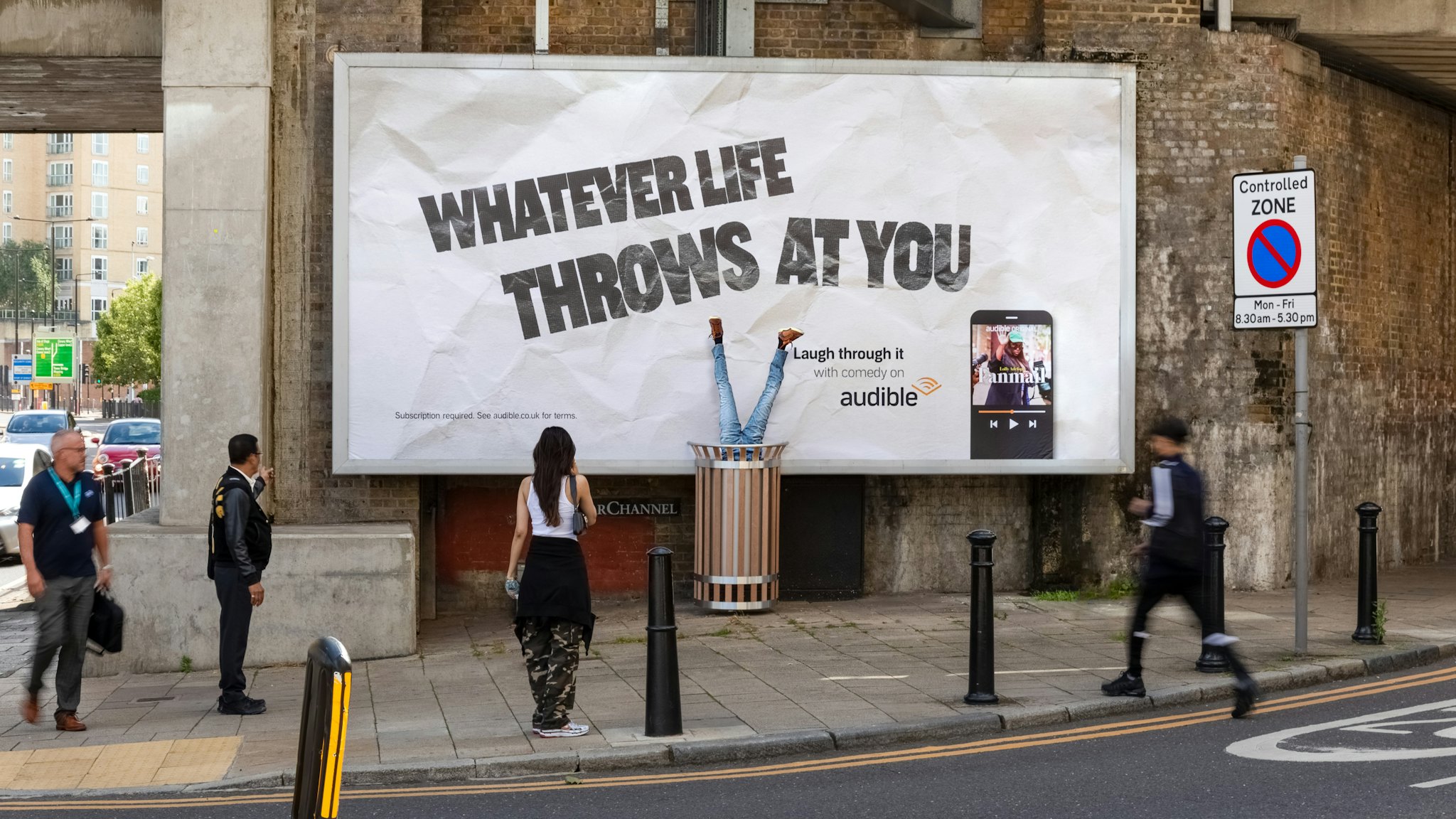
Humour is a highly successful tool, with 64% of the UK agreeing they’re more likely to remember an advert if they find it funny. It’s likely to be even more effective in a draining election year, as voters seek some light relief. Hopefully we’ll see a few more advertisers seizing the opportunity to land a punchline, not just a strapline.
Pick a fight.
Let me end on something our politicians are probably getting right. Both parties understand the electorate is often more motivated to vote against a candidate than in favour of one.
Animosity is a great motivator. But while brands are often urged to ‘have an enemy’, few do, and taking on the opposition is still a rare tactic. Perhaps it’s time that changed. ALDI and LIDL have had huge success with their strategies of direct comparison to traditional grocers, while GiffGaff have profited by pulling no punches in their battle with the big networks (despite being owned by O2). It can work for the big guy too – McDonald’s made hay with their coffee campaign poking fun at boutique baristas.
Perhaps more brands should throw their hat in the ring.
More Suggested Articles
Sign up to hear
more from us.
We'll add you to the mailing list so you can read our
latest news, views and cunning ideas.



